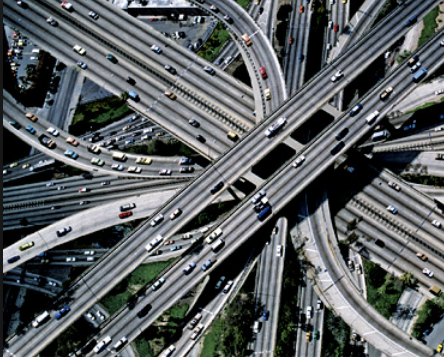LONDON — The rest of the planet bears a warning for President Trump’s plan to lean heavily on private business in conjuring a trillion dollars’ worth of American infrastructure: Handing profit-making companies responsibility for public works can produce trouble.
In India, politically connected firms have captured contracts on the strength of relationships with officialdom, yielding defective engineering at bloated prices. When Britain handed control to private companies to upgrade London’s subway system more than a decade ago, the result was substandard, budget-busting work, prompting the government to step back in. Canada has suffered a string of excessive costs on public projects funneled through the private sector, like a landmark bridge in Vancouver and hospitals in Ontario.
By contrast, China has engineered one of the most effective economic transformations in modern history in part through relentless investment in infrastructure, traditionally financed and overseen by an unabashedly powerful state. China illustrates both the benefits and perils of state domination. It has constructed projects strategically, as part of a highly successful effort to catalyze economic growth. Yet the state has wielded authoritarian powers, generating waste and corruption.
The Trump plan was heralded as a way to lift America’s sagging infrastructure while spurring growth. But it risks yielding India-like problems while failing to produce China’s economic benefits.




